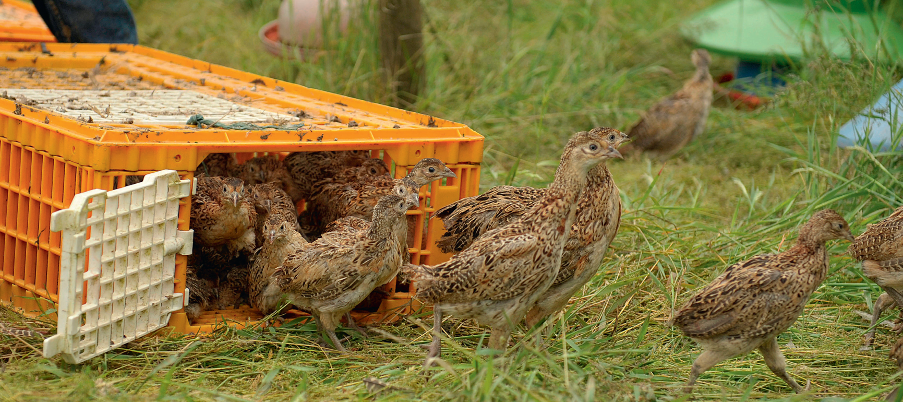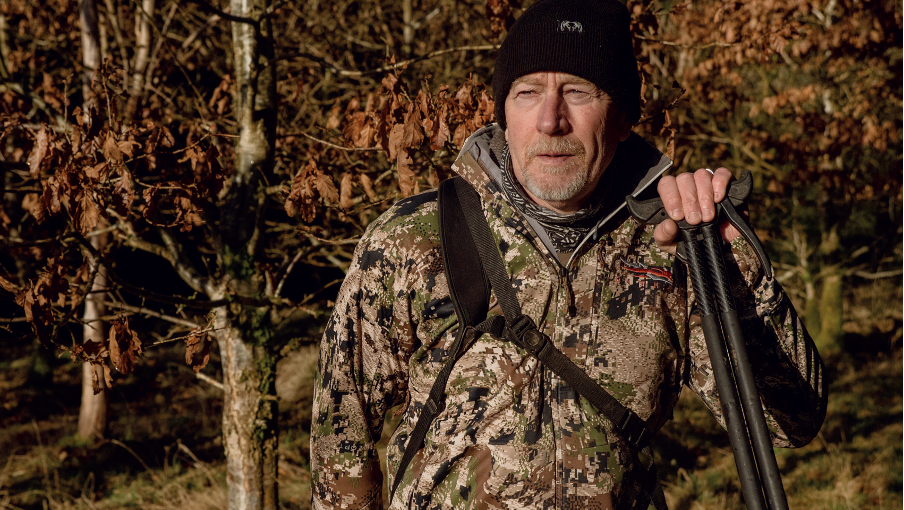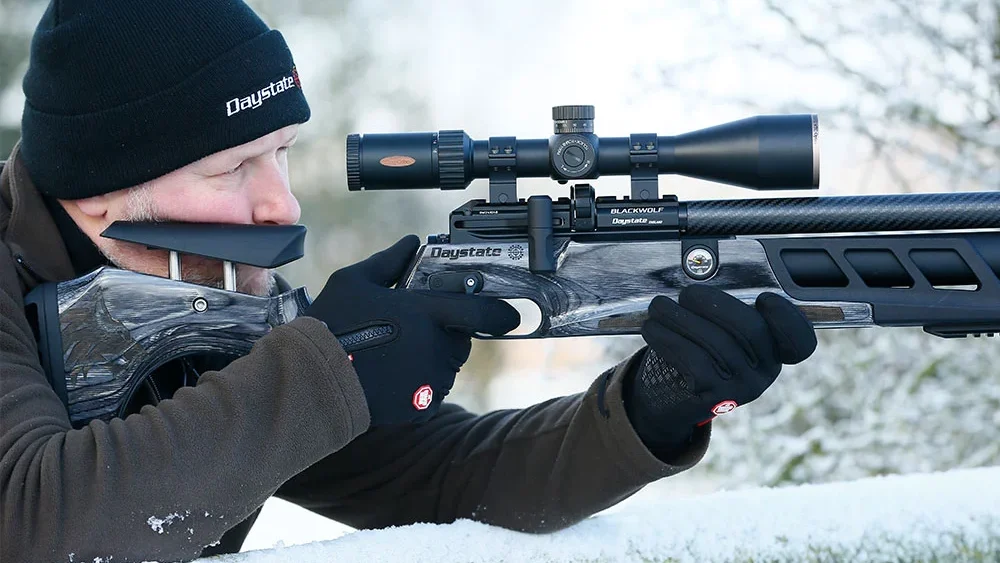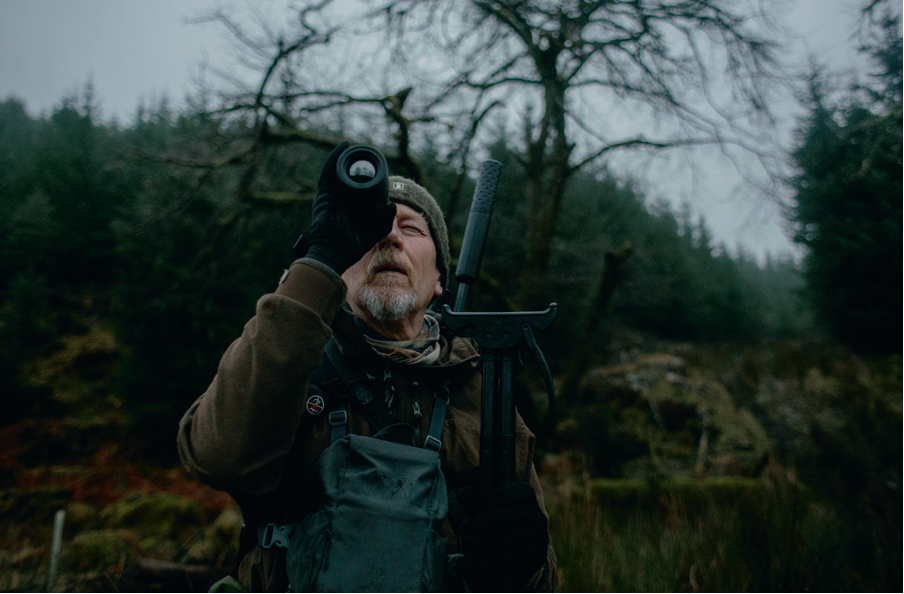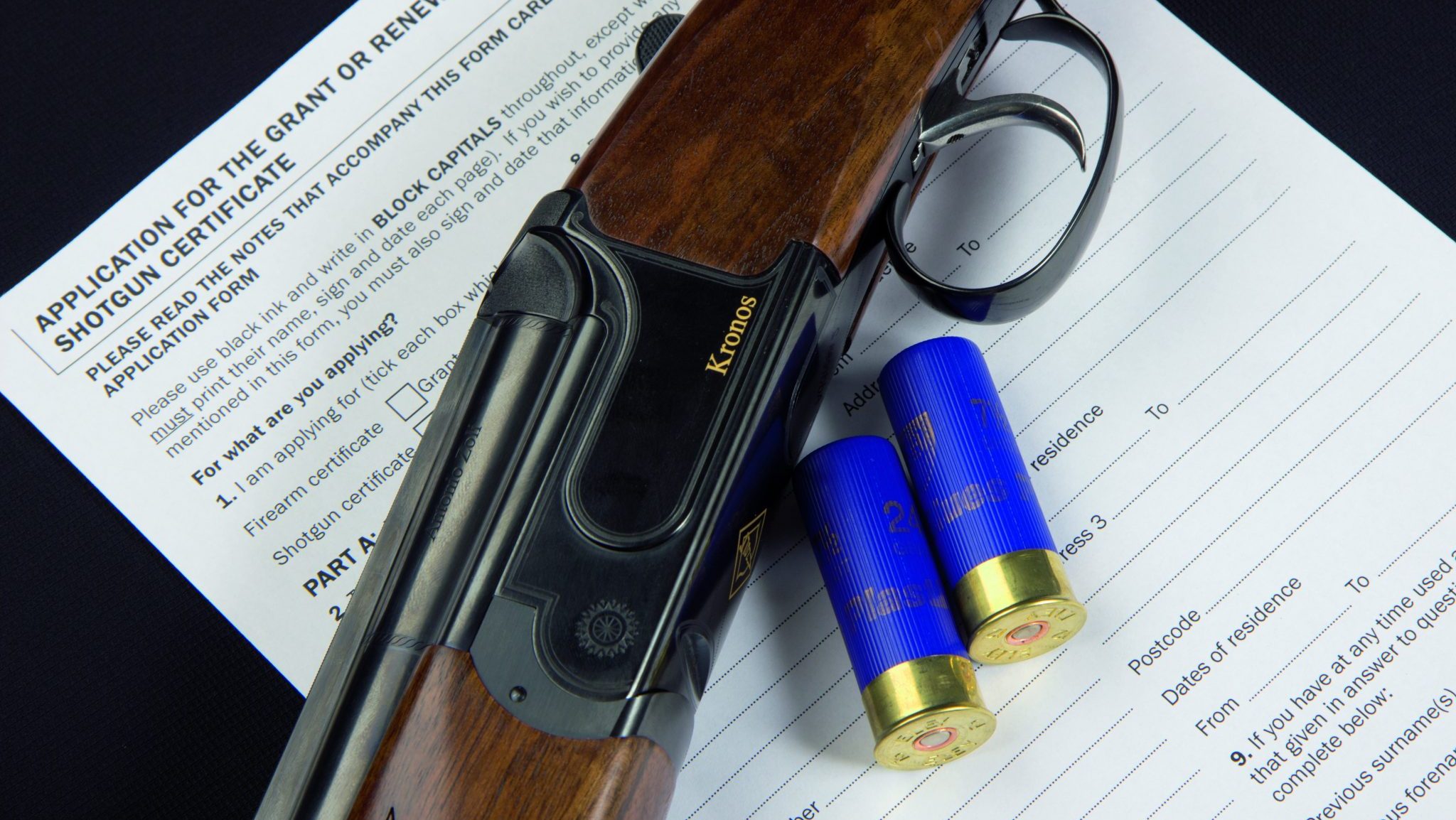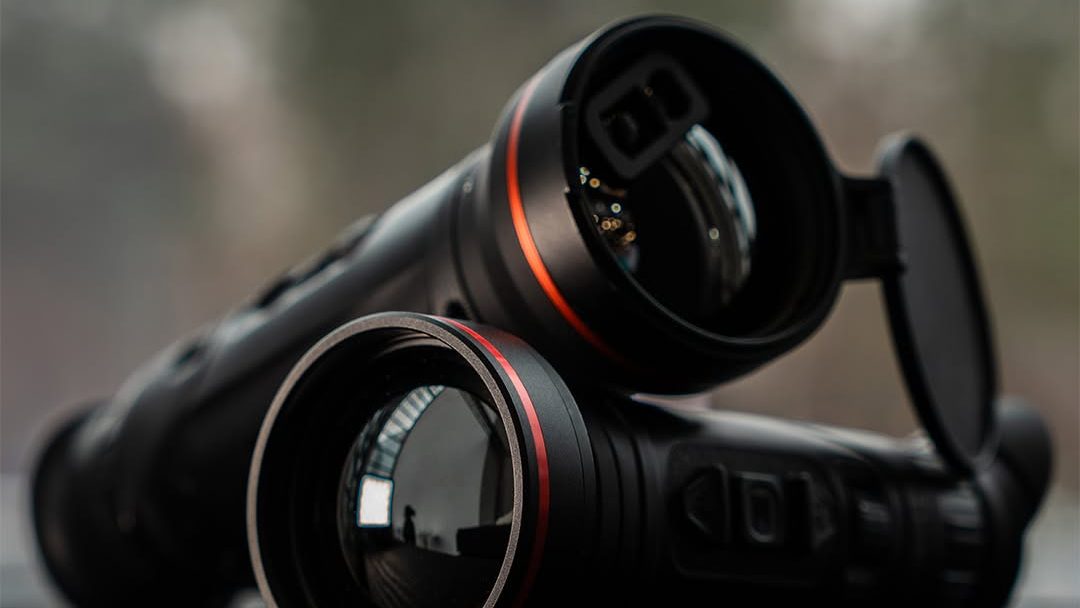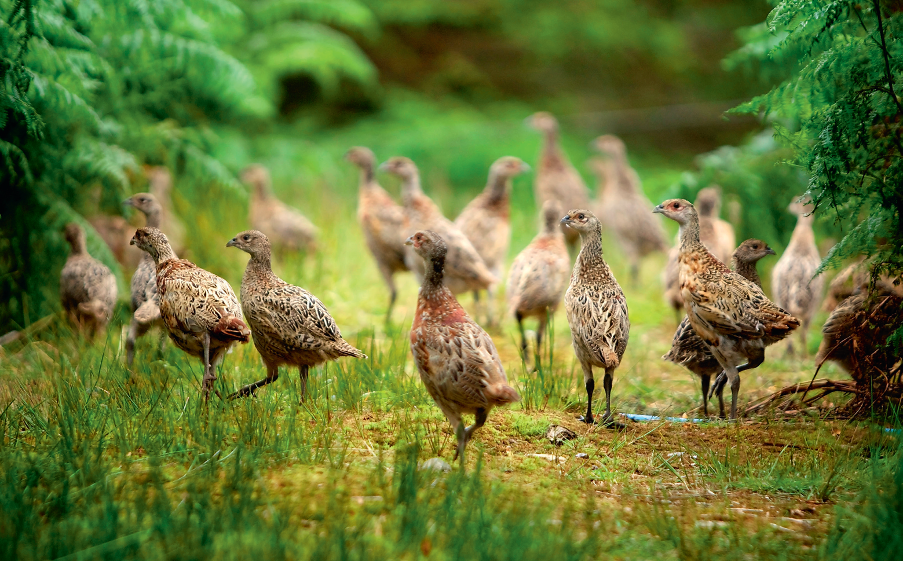
Defra confirms GL45 will not be renewed
The shooting sector have received confirmation from Defra that GL43 will be issued within the next few weeks but that they do not plan to reissue GL45 for the remainder of this year.
Read more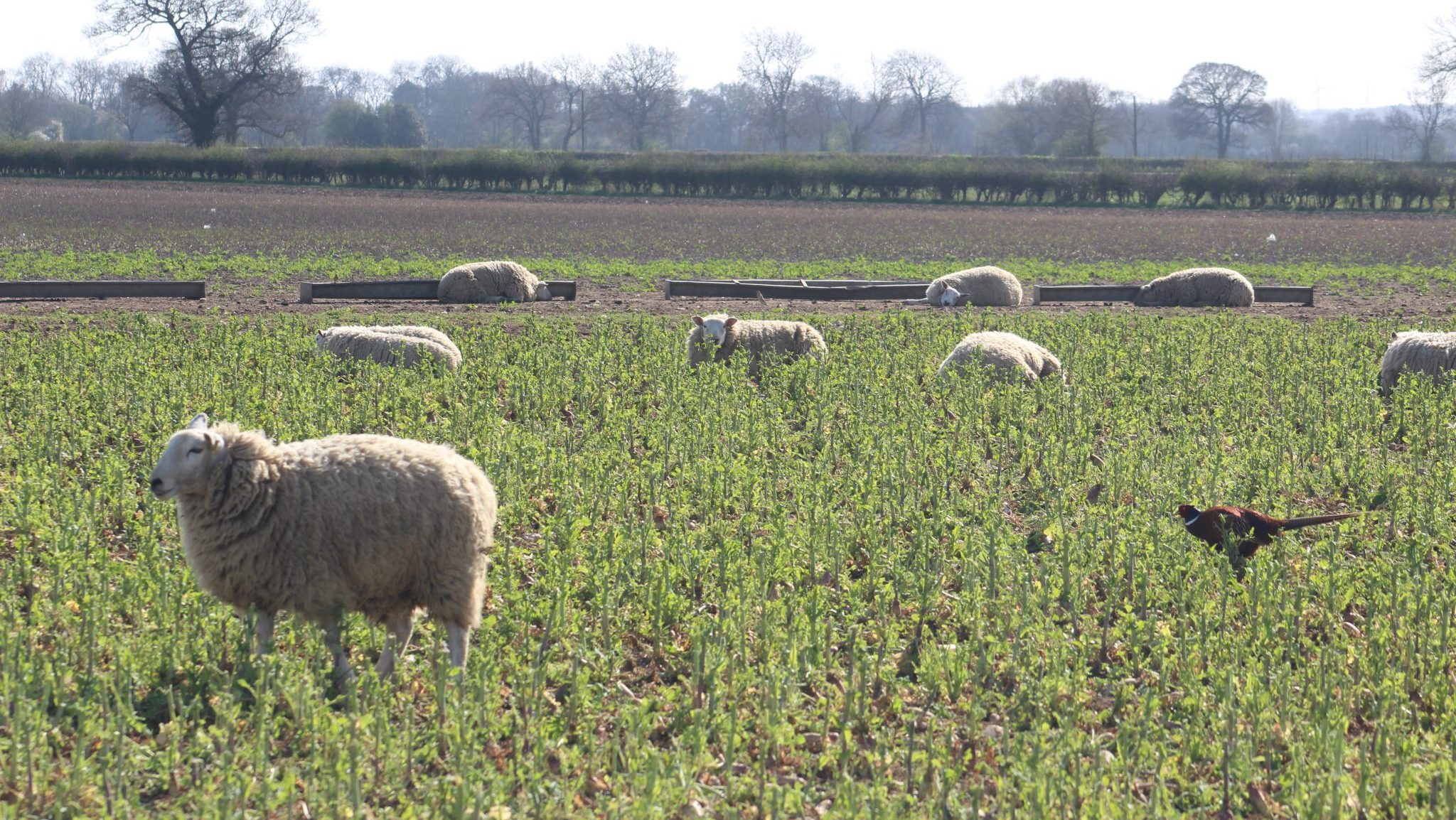
News
First case of bird flu in sheep found on UK farm
The UK’s first case of avian influenza (H5N1) in a sheep was confirmed on a Yorkshire farm where poultry had also tested positive. The infected ewe, which exhibited signs of mastitis, was humanely culled, and subsequent testing revealed no further cases among the flock. Authorities emphasize that the risk to livestock remains low but urge farmers to maintain stringent biosecurity measures and promptly report any signs of infection to the Animal and Plant Health Agency (APHA).
Read moreShooting
-
Winner of BASC’s gamekeeper classes on Gundog Day at this year’s Crufts in Birmingham.
Dark Angel crowned Crufts gamekeeping winner
Read more -
News Shooting
Mastery Made Easy - HIKMICRO Packs Next Generation Thermal Technology into One Hand with New CONDOR 2.0
Experience the next generation of thermal monocular with the CONDOR 2.0, where enhanced image quality and one-handed operation elevate your outdoor experience to new heights.
By Time Well Spent
-
News Shooting
Mastery Made Easy - HIKMICRO Packs Next Generation Thermal Technology into One Hand with New CONDOR 2.0
Experience the next generation of thermal monocular with the CONDOR 2.0, where enhanced image quality and one-handed operation elevate your outdoor experience to new heights.
By Time Well Spent
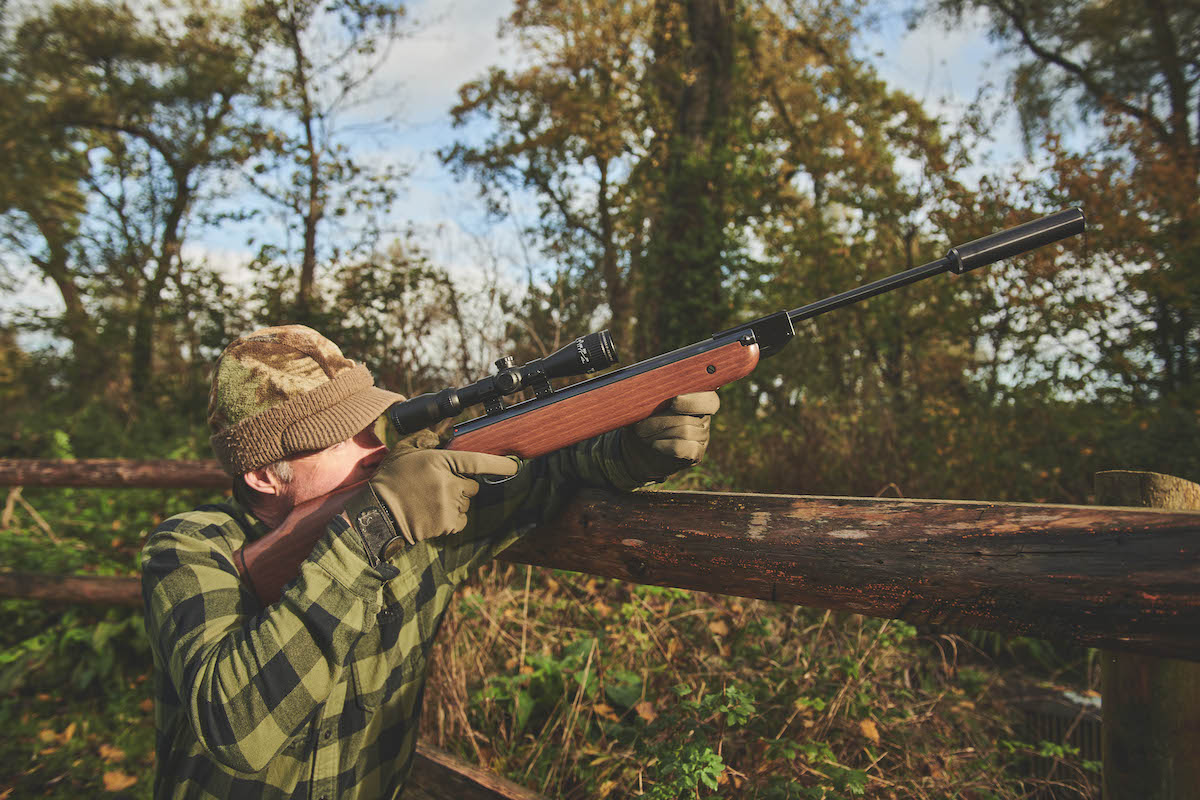
Shooting
Powerful air rifles that don’t need a firearms licence
Are you seeking an air rifle that delivers maximum power without the need for a firearms licence? Shooting UK’s comprehensive guide explores top-performing sub-12 ft/lb air rifles ideal for pest control and target shooting.
Discover expert insights on models like the Air Arms S510 and Weihrauch HW97K, and learn how to choose the perfect rifle to suit your needs.
Read moreManage Consent
To provide the best experiences, we use technologies like cookies to store and/or access device information. Consenting to these technologies will allow us to process data such as browsing behavior or unique IDs on this site. Not consenting or withdrawing consent, may adversely affect certain features and functions.
Functional Always active
The technical storage or access is strictly necessary for the legitimate purpose of enabling the use of a specific service explicitly requested by the subscriber or user, or for the sole purpose of carrying out the transmission of a communication over an electronic communications network.
Preferences
The technical storage or access is necessary for the legitimate purpose of storing preferences that are not requested by the subscriber or user.
Statistics
The technical storage or access that is used exclusively for statistical purposes.
The technical storage or access that is used exclusively for anonymous statistical purposes. Without a subpoena, voluntary compliance on the part of your Internet Service Provider, or additional records from a third party, information stored or retrieved for this purpose alone cannot usually be used to identify you.
Marketing
The technical storage or access is required to create user profiles to send advertising, or to track the user on a website or across several websites for similar marketing purposes.

